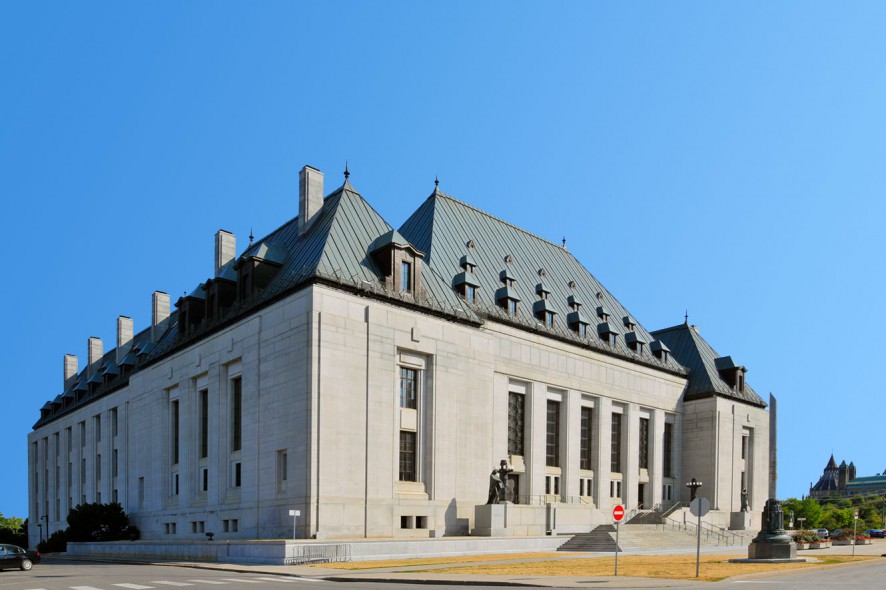Supreme Court of Canada: A Nine-Judge Bench comprising of Wagner C.J., and Abella, Moldaver, Karakatsanis, Gascon, Côté, Brown, Rowe and Martin, JJ. dismissed the appeal filed by an aboriginal group challenging the introduction of a legislation without their consultation, ruling that while the State had to act honourably towards its indigenous people, but it did not mean that the Parliament had to consult them in the legislative process.
The Mikisew Cree First Nation, a territory in north-eastern Alberta, was a member of Treaty No. 8 – the eighth agreement signed by Queen Victoria and First Nations in Western Canada. Under the said treaty, in exchange for giving up their ownership of a large amount of land, Mikisew kept the right to hunt, trap, and fish on it. In the present day, these aboriginal treaty rights are protected by the Constitution of Canada.
When in April 2012, an environmental protection legislation was introduced in the Parliament without Mikisew’s consultation, it brought an application for judicial review in Federal Court, arguing that the Crown had a duty to consult them on the development of legislation, since it had the potential to adversely affect their treaty rights to hunt, trap, and fish under Treaty No. 8 and the constitutional law concept of ‘honour of the Crown’.
The Federal Court allowed Mikisew’s application but the said decision was overturned by the Court of Appeal stating that Federal Court did not have jurisdiction to hear Mikisew’s application because courts can only adjudicate on challenges to laws that have been passed, not laws that are being developed and debated. Aggrieved thereby, the instant appeal was preferred.
The Supreme Court unanimously dismissed the appeal holding that judicial review under the Federal Courts Act, 1985 was not available for actions of federal ministers in the parliamentary process. It was held that the Parliament did not have duty to consult Mikisew during the law-making process. But ‘duty to consult’ was not the only means to give effect to honour of the Crown. The court noted that while an Aboriginal group would not be able to challenge a legislation for non-compliance of duty to consult, other protections such as declaratory relief may be obtained by them.[Chief Steve Courtoreille v. Governor-General in Council, 2018 SCC OnLine Can SC 38, decided on 11-10-2018]







